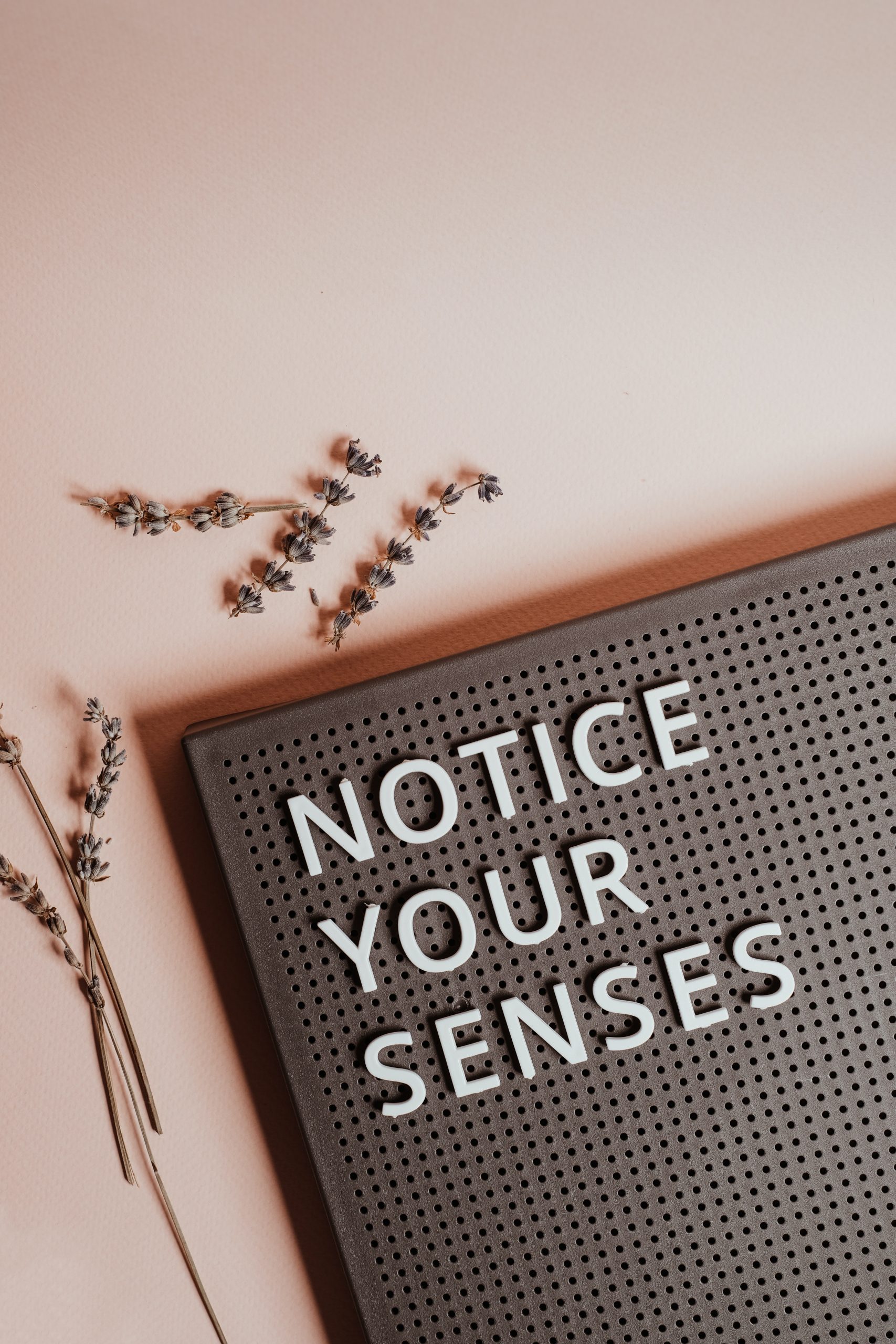How Is Sensory Overload Affecting Youth?
By: Asim Mudgal

If we look closely at our body, we eat, react, talk, or drink when our senses are functioning through a flow. There is this feeling of becoming aware from our sides to talk more about beauty. Eventually, the beauty of who we are and how we are in ourselves and our surroundings. But what happens when we become overwhelmed by ourselves and our surroundings? We feel this sensory stimulation called sensory overload. A concept of sensory overload theorizes the idea that reflects when one or five senses become over-stimulated. Those senses might be a sense of smell or hearing or touch. As a definition, the American Psychological Association defines it as a state when one’s senses are overwhelmed with stimuli to the point that a person fails to process or respond to all of them. How is Sensory Overload in Youth? We need to find out here.
Five Senses Correlation

Source: https://bit.ly/3byC6KX
From the para above, we came to get a glimpse of the senses and What is sensory overload? Basic meaning and definition. So, we know that our five senses, including smell, touch, hearing, taste, and sight, work in co-relation with the universe. This universe acts as a primary vehicle that functions in our vessels. In a place where the sense of smell helps us feel and know good or bad air and touch exhilarates the atmosphere through the skin. In a minute, our body tries to corporate, adjust, or save ourselves from changing dynamics of air properties.
Now, what happens when we are exposed to sensory overload and how bad is Sensory Overload in Youth?
Understanding Causes Of Sensory Overload In Youth.
To understand causes, let us take examples:
Ram and Shyam are two best friends who went to the party. While Shyam prefers quiet space, Ram exposes works to loud music. Ram drags Shyam to the music floor, where he experiences pain and tears. Ram, not knowing, brings him to the hospital. He finds that Shyam’s experience results from sensory overload caused by hearing loud music. So, concluding that loud music can cause sensory problems. Also, for different people, it works differently, as we saw in this case. Further, we can ourselves feel that during festivals loud music in our locality taunts and makes our brain heavy as if something is ticking for several days.
Other respective causes:
- Crowded spaces.
- Emotionally intense people or groups.
- Drastic environmental changes like temperature or lights.
- Unexpected or unwanted physical contact like hugs.
- Heavy traffic.
- Tactile triggers (scratchy or uncomfortable clothing, etc.)
- Intense smells like stronger perfumes.
Symptoms of Sensory Overload In Youth
Sensory Overload Among Youth symptoms varies from experiencing anxiety and stress to losing focus. Some adults might feel a little affected while some more. Most of the symptoms are common and articulated to other related conditions like PTSD, Autism, and ADHD, among others.
Lists of Symptoms
- Agitation
- Anxiety
- Difficulty sleeping
- Irritability
- Lack of focus
- Panic attacks
- Stress
How Bad is Sensory Overload in Youth?
We live in a world of exposure to surroundings, always loud with music, smells, and contemporary modern weather. Young adults go to parties, crowd themselves, and forget about the world around them. Some become delving into the weather, while others prefer peace. Sometimes they too feel stimulated by other sources of sensation. There is indeed a significant portion of youth who fears anxiety and panic attacks. A peace lover can not be vibrant among an intense crowd. In a context that some of the topics or discussion fluid them and sensory cells. Yes, over-loud music or preferentially food items like too hot or cold can trigger sensory overload. Some people might feel discomfort from flavors and start vomiting.
Our young generation spends the most time on phones and laptops that affect and directly contact our eyes. Hence, the sight may become sensitive and reactive to images we might not see. Sometimes the over-exposed pictures or views we did not perceive naturally might trigger in later stages. Ultimately, sensory overload from a sense of sight overload may be the cause of violence or activities not educated prior.
Another question is sincerely about the topic of touch. Touch as a feeling should be neutral and comfortable. Most commonly, the population and young adults have bad experiences from the phenomenon of giving and receiving. Hence, when some unknown hugs counter our ways, they get overwhelmed.
So, the ratio of badness varies and depends upon the particular senses problems young adults are dealing with from within.
Diagnosis and Treatments

https://bit.ly/3A4skK1
There are two tests medical professionals may use to identify sensory overload issues. They are the Sensory Integration and Praxis Tests (SIPT)3 and the Sensory Processing Measure (SPM) checklist.
Some of the treatments are known significantly and help in identifying the problem. If one identifies a problem, they can act vigilantly, removing themselves and moving to a comfortable space. Otherwise, there are occupational therapy methods that can help to cope. A list goes from removing harsh light and music to practicing a routine. Eventually, the only viable part that works deeply is making ourselves comfortable while practicing meditations. Additional therapies like massaging the sensitive areas to heal and feel.
Conclusion:
Sensory overload occurs from over-stimulation of senses that do not feel comfortable. Further, they can be treated through therapies and by identifying the concerned situation. Youth might be more sensitive to the condition, but that varies from person to person.
Sources: https://wb.md/3JBGtRZ, https://bit.ly/3vJsFz5
Tags: Personality Development, SensoryOverload, SensoryOverloadInYouth, youth, Youth Development, youth mental health,









